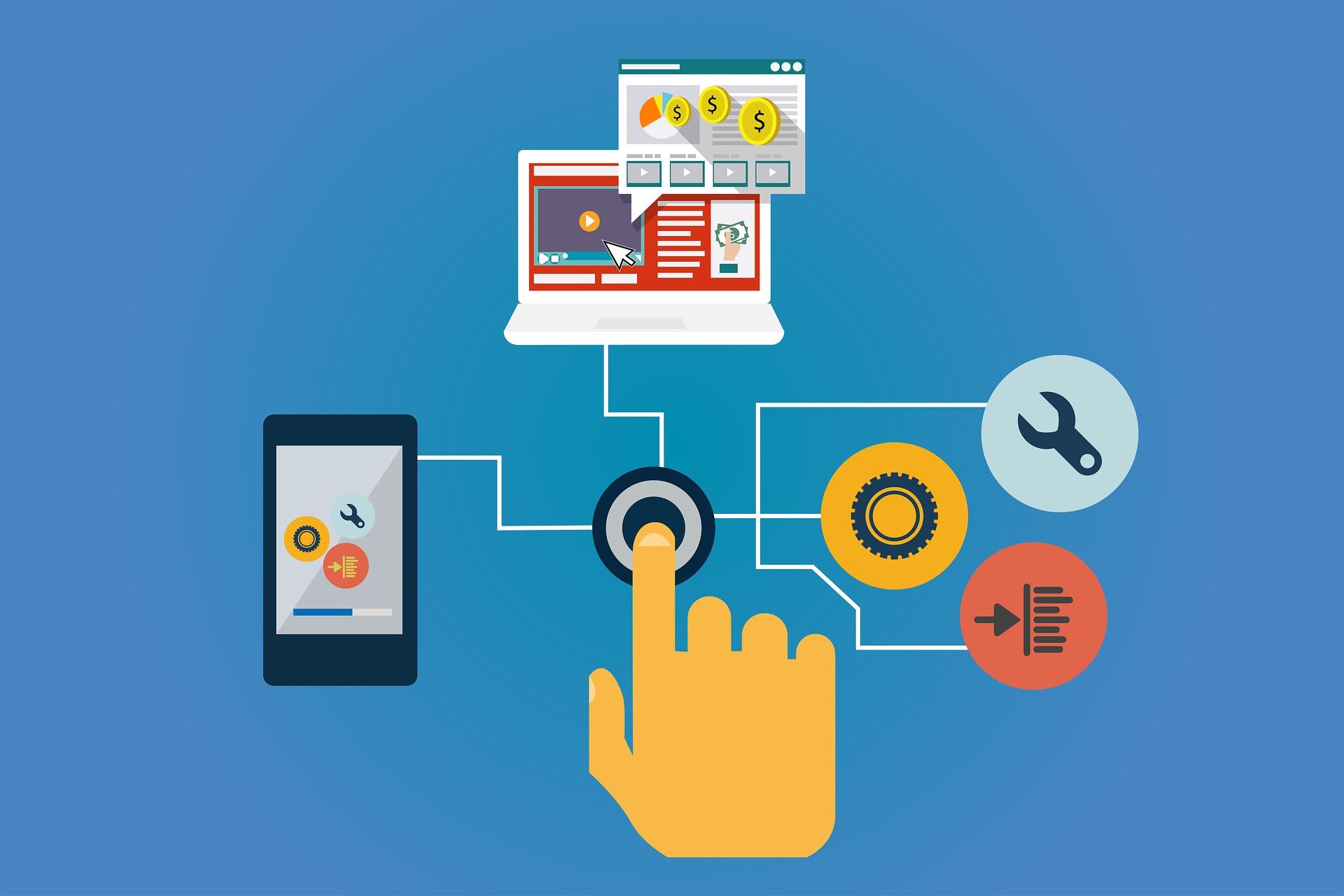Blog
Why EDI in Retail is a Must!
EDI offers many benefits to buyers in the retail sector. It is a fast and efficient way to exchange business information such as purchase orders, invoices and delivery confirmations. But how exactly does this translate when we take deeper look into the world of EDI within Retail? Read on quick?

As discussed earlier, the choice for Data Integration and A.I. is very important for the retail world of now and in the future. But a large part of this continues to use EDI.
Electronic Data Interchange
EDI (Electronic Data Interchange) is a method of exchanging business documents and information between companies. It is an electronic form of communication that offers many benefits to companies, especially in the retail sector and collaboration throughout the entire supply chain.
In this blog we discuss how EDI will help buyers in retail to work more efficiently and why choosing the right EDI solution will lead to greater customer satisfaction.
Efficiency Improvement
EDI offers many benefits to buyers in the retail sector. It is a fast and efficient way to exchange business information such as purchase orders, invoices and delivery confirmations. Replacing the paper documents is not only more environmentally friendly, but also saves time and money. The process of manually entering data can be eliminated, reducing the chance of errors. In addition, document processing time is dramatically reduced, freeing buyers to concentrate on other tasks. This leads to a more efficient working method and less stress for employees.
The Real Benefits at a Glance
EDI offers many benefits to buyers in the retail sector. It is a fast and efficient way to exchange business information such as purchase orders, invoices and delivery confirmations. Replacing the paper documents is not only more environmentally friendly, but also saves time and money. The process of manually entering data can be eliminated, reducing the chance of errors. In addition, document processing time is dramatically reduced, freeing buyers to concentrate on other tasks. This leads to a more efficient working method and less stress for employees.
- Improved Supply Chain Visibility: EDI provides end-to-end visibility of the supply chain, giving buyers insight into where products are located, when they were shipped, and when they were received. This can help plan purchases and reduce errors and delays in product delivery.
- Reduction of Administrative Tasks: EDI can help automate certain administrative tasks, such as creating purchase orders and invoices. This can help the procurement department spend more time on more valuable tasks, such as negotiating with suppliers and developing procurement strategies.
- Improved Collaboration With Suppliers: By using EDI, buyers can communicate more easily with suppliers. This can help with troubleshooting and streamlining communication. In some cases, external communication and data exchange costs can also be reduced.
- Faster Order Processing Times: Because EDI enables automation, orders can be processed faster than with manual entry. This can help replenish stock faster and reduce delivery delays to customers.
- Better Insight Into Supplier Performance: By using automated processes and monitoring tools, buyers can better understand the performance of their suppliers. This can help identify trends and issues that can be addressed to improve performance and increase customer satisfaction.
Greater Customer Satisfaction
Customer satisfaction can also be increased by implementing EDI. By using an EDI solution, retailers can process orders and invoices faster and more accurately. This allows for shorter order lead times, resulting in faster delivery and fewer downtimes. Faster delivery means customers have to wait less time for their orders, which increases customer satisfaction. In addition, the chance of errors is reduced, which means less frustration for customers.
Choosing the Right EDI Solution
Choosing the right EDI solution is crucial for buyers in the retail sector. There are several EDI solutions on the market, so it's important to take the time to find out which solution is best for your business. A good EDI solution should not only be fast and reliable, but also easy to use. It is also important to look at the possibilities for integration with other systems such as ERP systems and CRM systems.
Conclusion
EDI helps buyers in the retail sector to work more efficiently. By replacing paper documents, companies save time and money while reducing the risk of errors. In addition, customer satisfaction can be increased through faster delivery, fewer downtimes and fewer errors in order fulfillment. Choosing the right EDI solution is crucial to success. Companies must take into account speed, reliability, user-friendliness and integration options.
Would you like to know more about how the implementation of the right EDI solution will help you work more efficiently and increase your customer satisfaction? Then contact us today to find out how.


